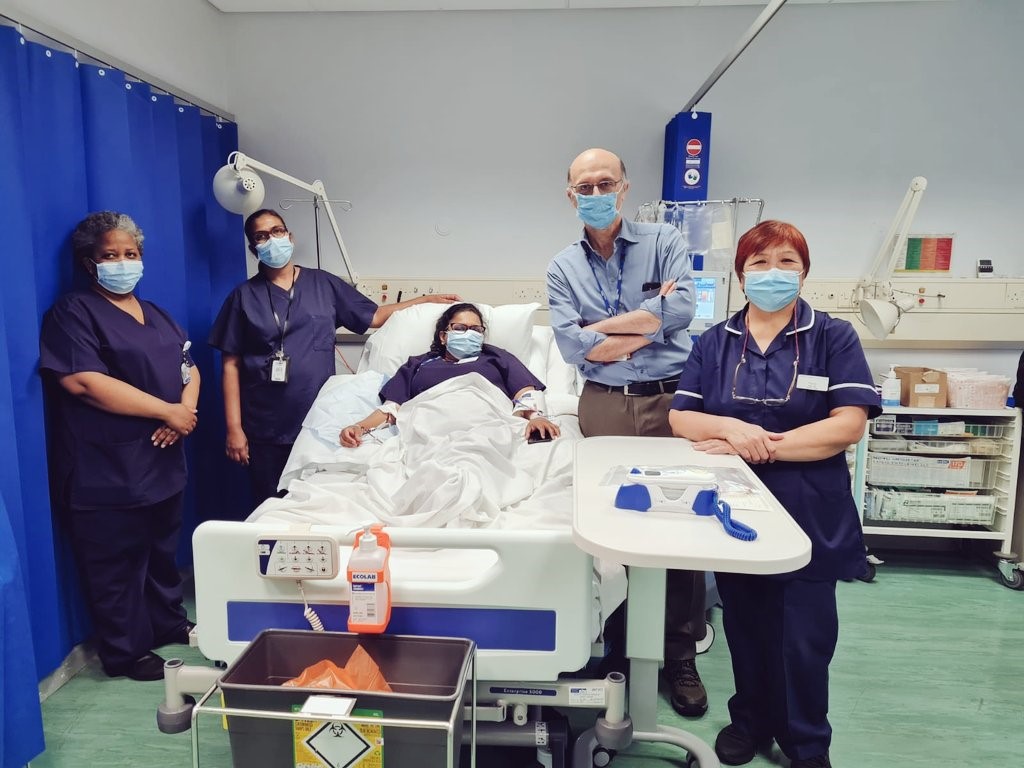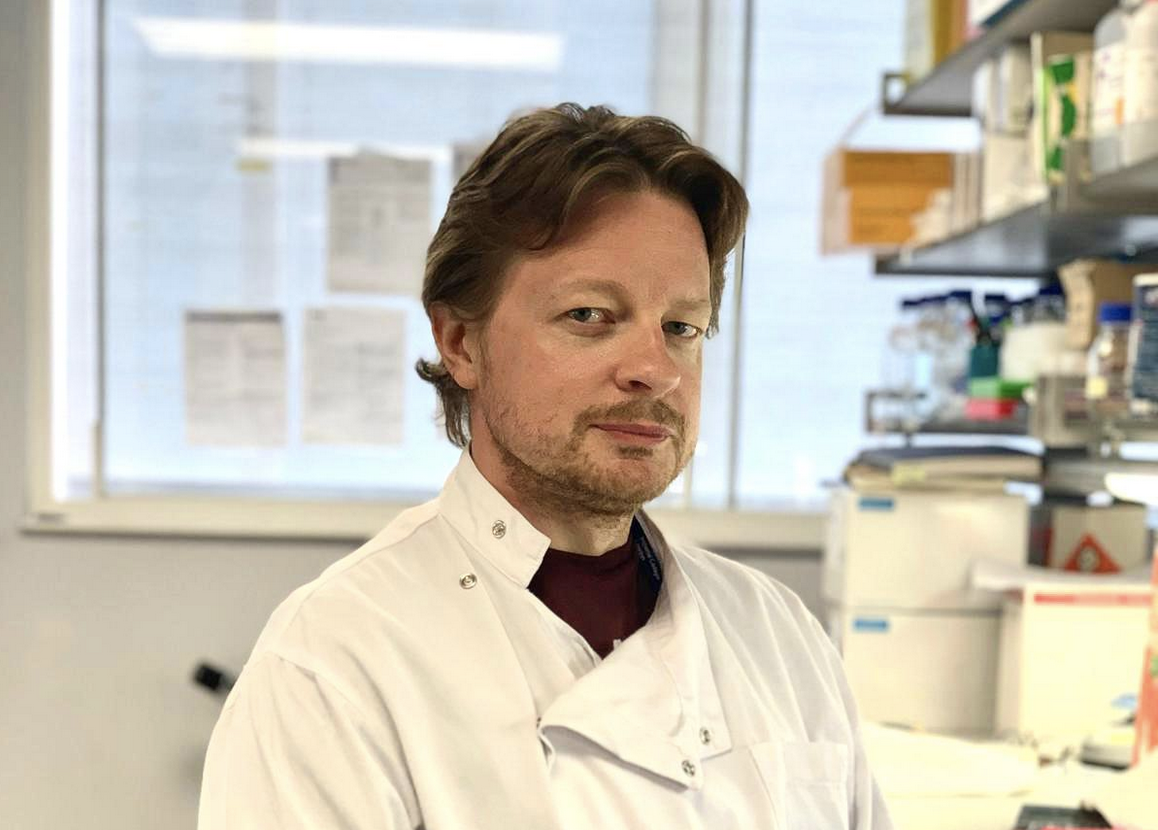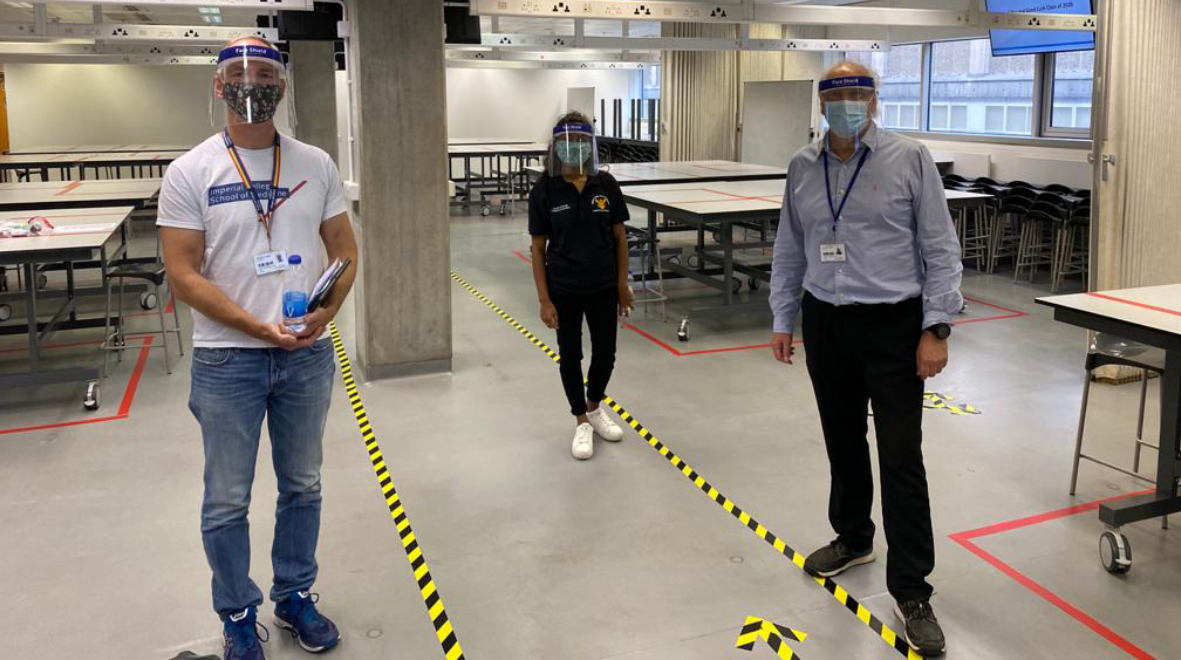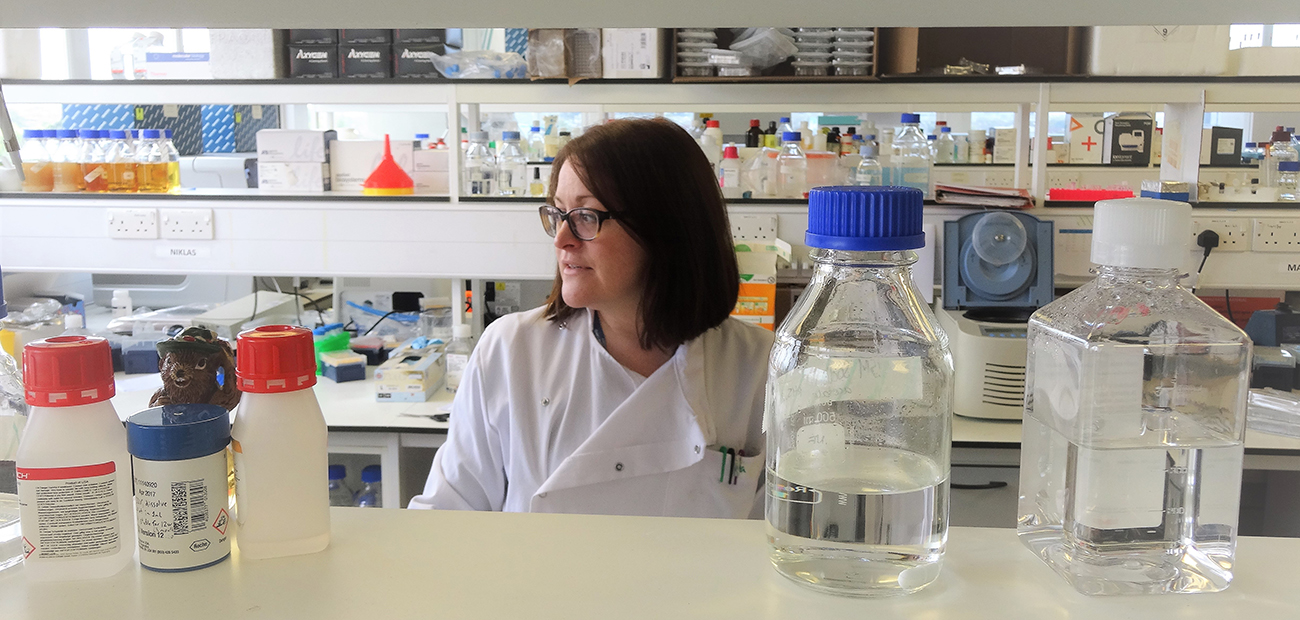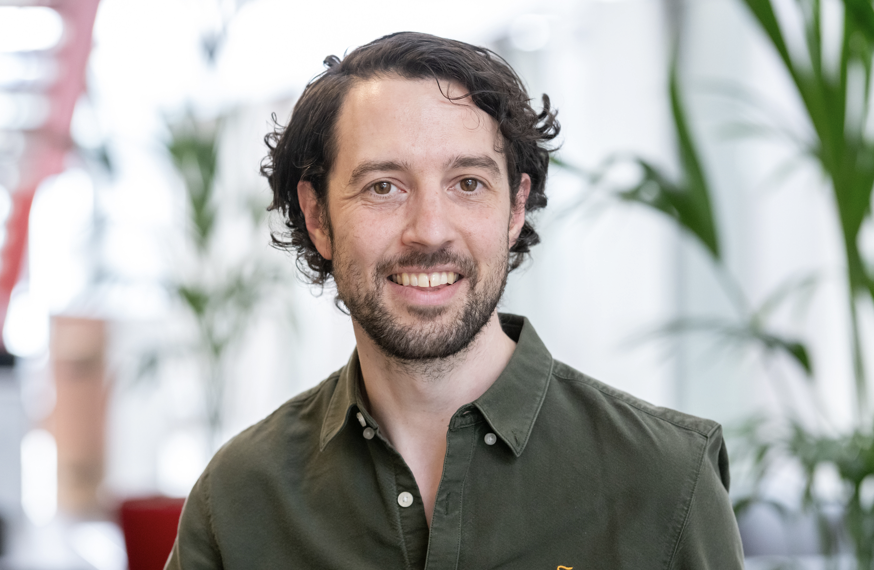
On World Blood Cancer Day, Dr Nick Crump, Kay Kendall Leukaemia Fund Intermediate Fellow in the Hugh and Josseline Langmuir Centre for Myeloma Research, Department of Immunology and Inflammation, shares how new approaches to understanding what causes drug resistance may lead to identifying new treatments.
Multiple myeloma is the second most common blood cancer. Around 33,000 people are living with myeloma in the UK. Unfortunately, it is currently incurable, and once diagnosed many people live with the disease for the rest of their life. It is more common in people aged over 65, meaning that as the population ages, the number of people with myeloma is expected to rise. At the Hugh and Josseline Langmuir Centre for Myeloma Research at Imperial College London, we are working to better understand myeloma cell behaviour to find new ways to treat myeloma patients.
Several different drugs are available to myeloma patients that can manage and control the disease. Unfortunately, relapse is a big problem, where the cancer comes back months or years after treatment has ended. When the cancer returns, it is often resistant to the previous treatment, meaning that the drugs that worked before are no longer effective for that patient. Therefore, there is a real need to find new drugs for these patients. Our lab is working to understand what causes resistance to myeloma drugs, to look for ways to reverse that resistance and make the treatment effective again.
